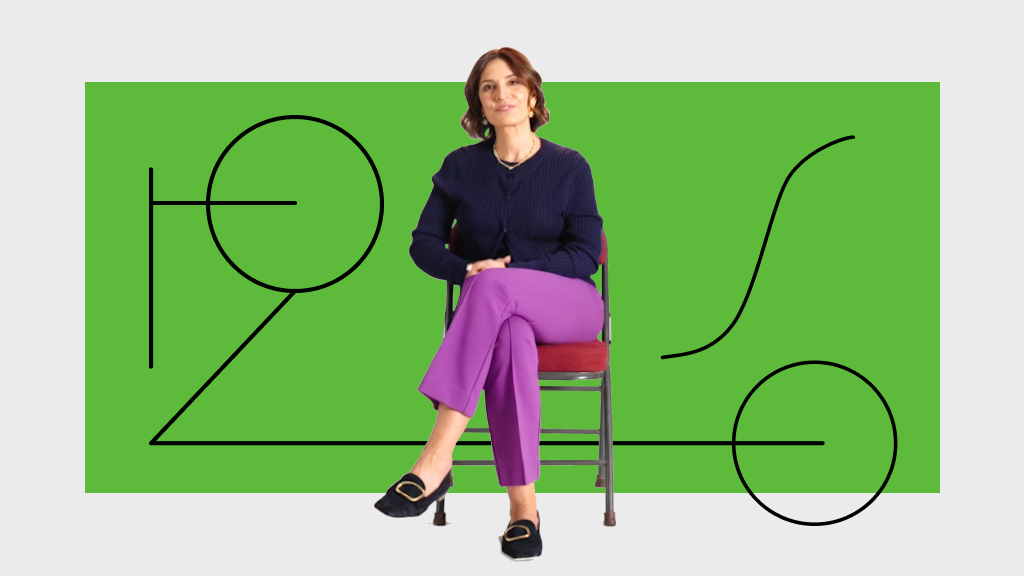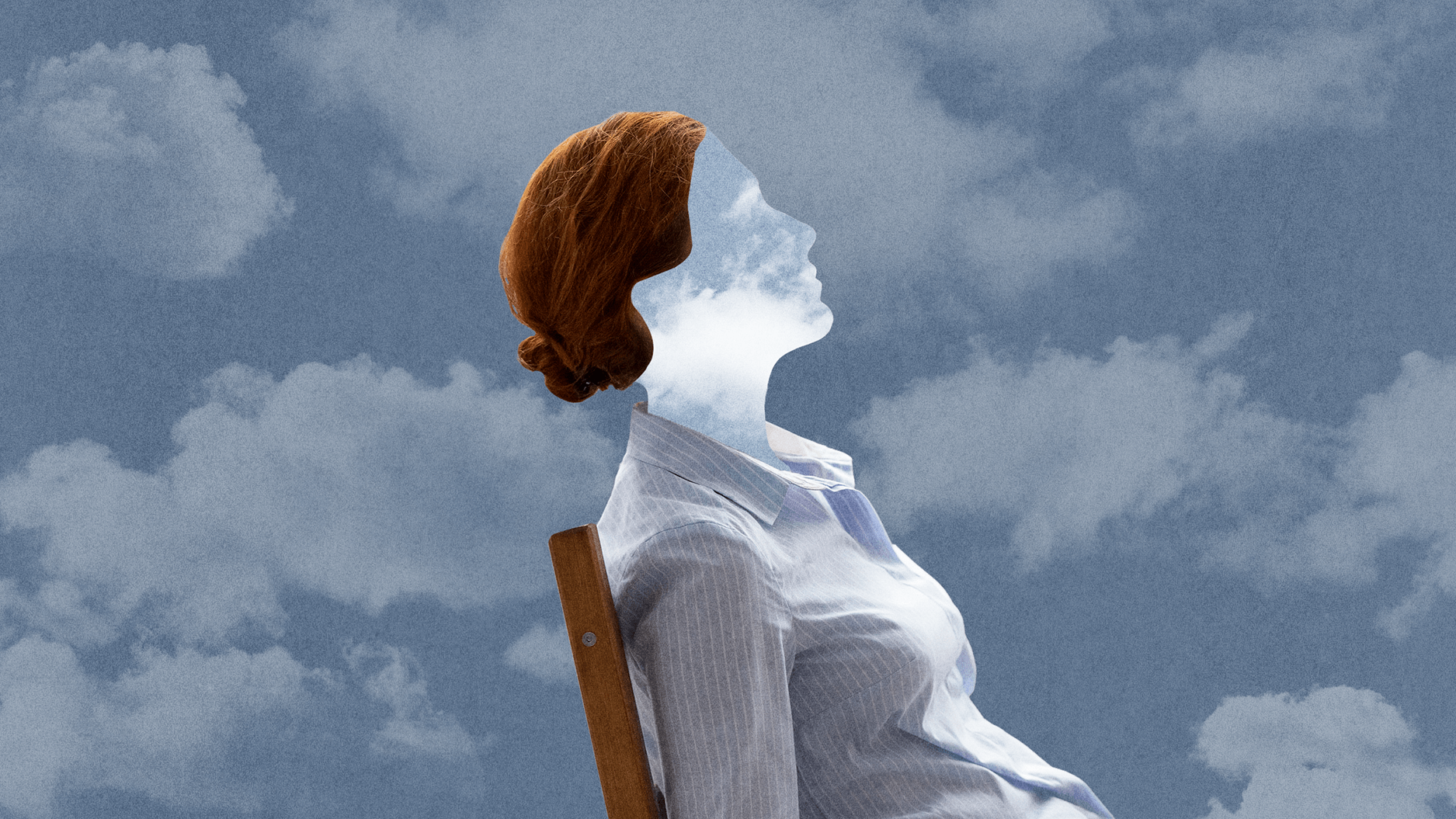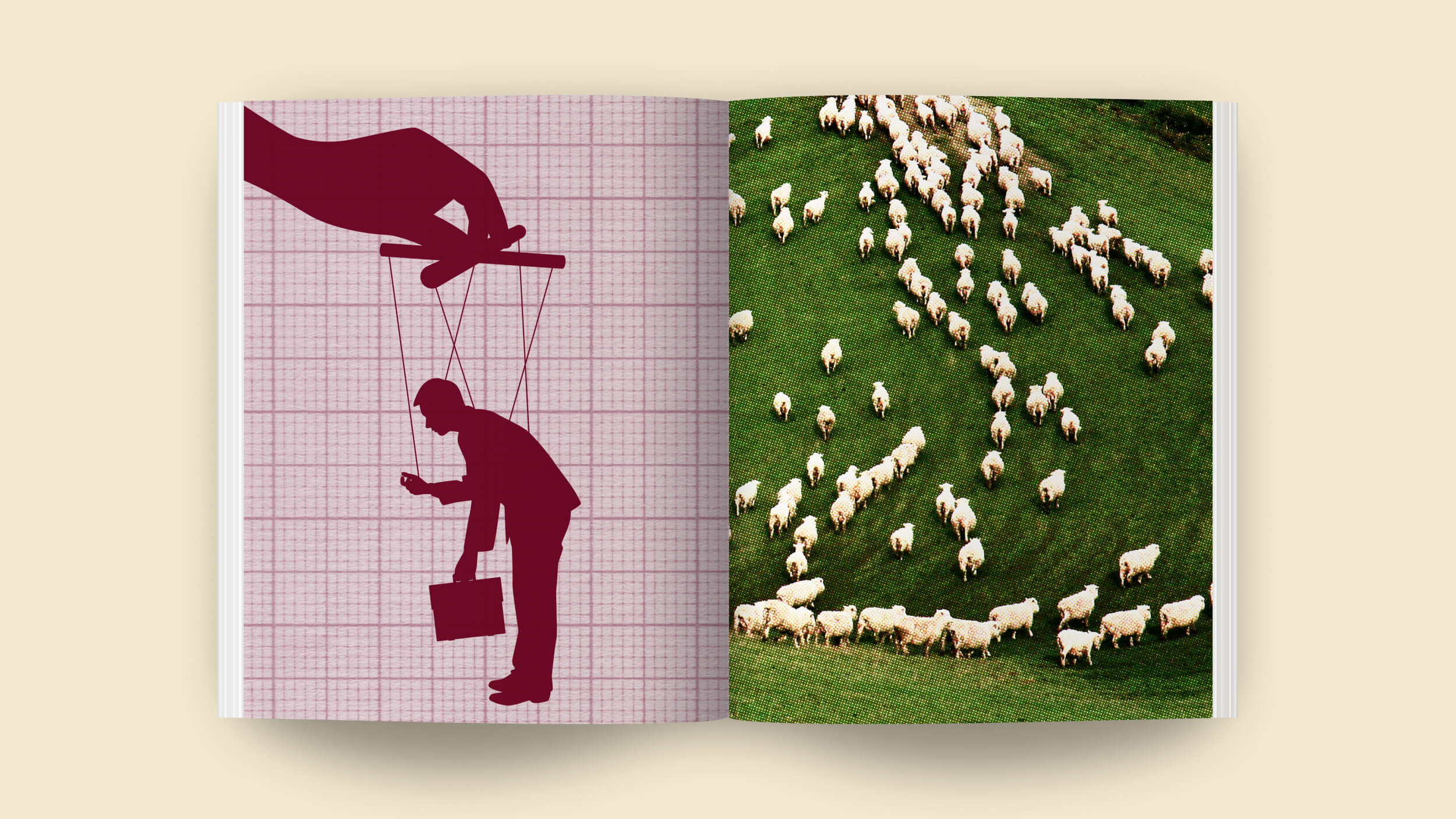According to marketing expert Gary Vaynerchuk, the best ideas come from one thing: listening.
Gary Vaynerchuk, the entrepreneurial force behind VaynerMedia and VeeFriends, explores the critical missteps businesses make in connecting with their customers, primarily their failure to adapt to consumer needs and their reliance on yesterday’s strategies. Vaynerchuk emphasizes the transformative — and often overlooked — power of caring and empathy in advertising. Great marketing is not just about bombarding people with ads; it’s about making sure every message respects the consumer’s time and is something they’d actually enjoy.
Despite the challenges of standing out in a crowded media landscape, Vaynerchuk remains confident in the power of authentic storytelling to connect with audiences. He stresses the importance of patience and a long-term vision in building a brand that resonates with consumers and leaves a lasting impact.
The key takeaway: be caring, be receptive, and be patient. If you adopt these qualities and you’re building something meaningful, the results will come.
GARY VAYNERCHUCK: There's a reason a lot of people go out of business, and it is almost always directly correlated to them missing the mark on the customers they're trying to reach. Most companies, big or small, are really struggling in assumptions or yesterday tactics to reach customers. I believe that there is not enough emphasis put on the actual consumer. Caring when it comes to marketing is respecting one's time. I think we don't respect consumers' time, and if we're going to fill them with messages, wouldn't it be nice for them to enjoy it? When you come from a lens of caring and empathy, you just tend to make better advertising. You tend to make better advertising.
I'm Gary Vaynerchuk, CEO of VaynerMedia, VeeFriends, and my latest book is "Day Trading Attention." I view myself as an entrepreneur. I grew up in my dad's liquor store and innovated by having one of the first e-commerce websites. I was an early investor in Facebook, Twitter, and Tumblr, and in more recent years, have been an author and a speaker, but also running a 2,000-person-plus global advertising agency, and at the end of the day, I could not explain to all of you watching or listening more, how many marketing ideas literally spend no time on, "Will the person on the other side like this?" It's just this is the way it's always been done, or how many do we have to sell. Sell, sell, sell. But I did not buy this sneaker because somebody knocked on my door and sold it to me, or I landed on a website that explained why I had to own this. The Super Bowl, I would say, is a place where we do a better job caring. We try to actually make that 30-second video entertaining. I think I see it every day in social media. I see young brands actually make content that people want to watch. When your lens is caring and empathy to connect with the consumer, you're actually thinking about them. Will the person on the other side like this? For me, that's the million dollar question.
INTERVIEWER: So do you have strategies for how to connect with your audience?
VAYNERCHUCK: I would say my number one strategy is something I've done my whole life, which is before I start talking, I listen. Literally, your biggest advantage is time. Don't buy into an antiquated process. You are entering the greatest five-year window of your life. And obviously it seems like I'm always talking, but almost everything that comes out of my mouth has been predicated on me doing a lot of hours of listening. Social media's greatest power is the ability to see what people are thinking. We are living in the golden era of consumer insights because of social media, and I think the best businesses in the world are fixing something that everyone's complaining about but hasn't been fixed yet. Here's a good example: drive-through fast food. People value time, and obviously, someone eventually said, "You know what? Instead of making them park and walk in and wait in line and get their burger and fries, why don't we just let them drive through?" That was a very strong innovation, a good idea. This is one big game of listening. Historically, this is what you do through focus groups. This is what you now can do through social listening at scale. The question is, what are you going to do about it?
The last 10 years of storytelling has evolved tremendously. We are no longer in tribes sitting around a fire telling a story. News cycles are now 12 and 24 hours, not 12 and 24 days, so the speed of keeping attention has changed dramatically. Also, the ability to storytell has exploded. You don't need an editor-in-chief, you don't need the local newspaper. You don't need someone at the TV network saying that you're allowed to be on camera and talk to the world, that's gone. There's not a person watching this who doesn't have permission now to tell the world their story as a human or their story about the business or organization, nonprofit, or whatever other body they're working with to the world. On the flip side, it's never been harder. What pictures? What videos? What animated gifs? What copy? What time do you post? How long is the video? Audio? Lighting? I mean, this has become a profoundly complex game.
Here's the good news for everyone who's scared by how hard and fast it is: a great story will still find its way. Even if you don't know the best practices of how to post on YouTube or Instagram or TikTok, you'll be stunned how much a story can find its audience if it's just told from the heart in a pure form. When I talk about patience, it drives ambitious people crazy. I have a lot of high
energy, in your face, loud New Jersey style, and when I throw out patience, they're like, "Wait a minute, you're going off cue, this doesn't sound like you, Gary." And I'm like, "That's because you don't realize that patience is not complacency." Patience is probably one of the most important ingredients in building something meaningful. One of the reasons most people don't have patience is 'cause of fear. They fear failing, and so they try to go fast because if it's not going well, they can't deal with the music, AKA, the judgment of the people around them. If patience is not one of your partners, you're dead. You're too short term, you're going to deviate from the plan, and you're probably going to make a misstep.
I always hear people say, "Well, okay, Gary, I'm into patience. I'm building something meaningful on brand, how do I know it's working?" And look, I think the answer is results. When I was building my father's wine business, the way I was noticing if we were building brand was based on the fact that I had to spend less money on advertising every year, but was achieving higher sales every year, because after five or six years of good work, I could see that the word of mouth and the reputation, the brand, was carrying the business. And so I think at the end of the day, you have to measure brand based on business results, but you've got to play that out for a long time, because when you start thinking 100-year terms versus 100-day terms, you're playing a totally different game. When you think long, and when you think about leaving a legacy, you tend to ironically make more money because you're building a stronger foundation.
I ask you to take this video, this energy, and deploy it to not just your content or your marketing strategies or even your business, deploy it to your life. It'll help you be a better father, mother, sister, brother, child, human, to make the future more joyous and impactful.
---







